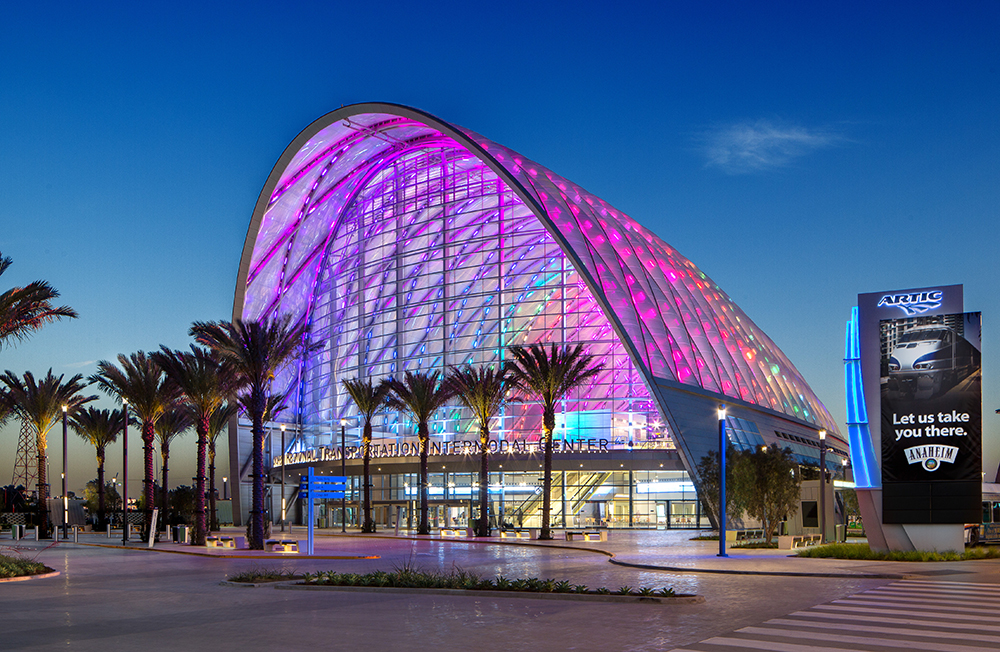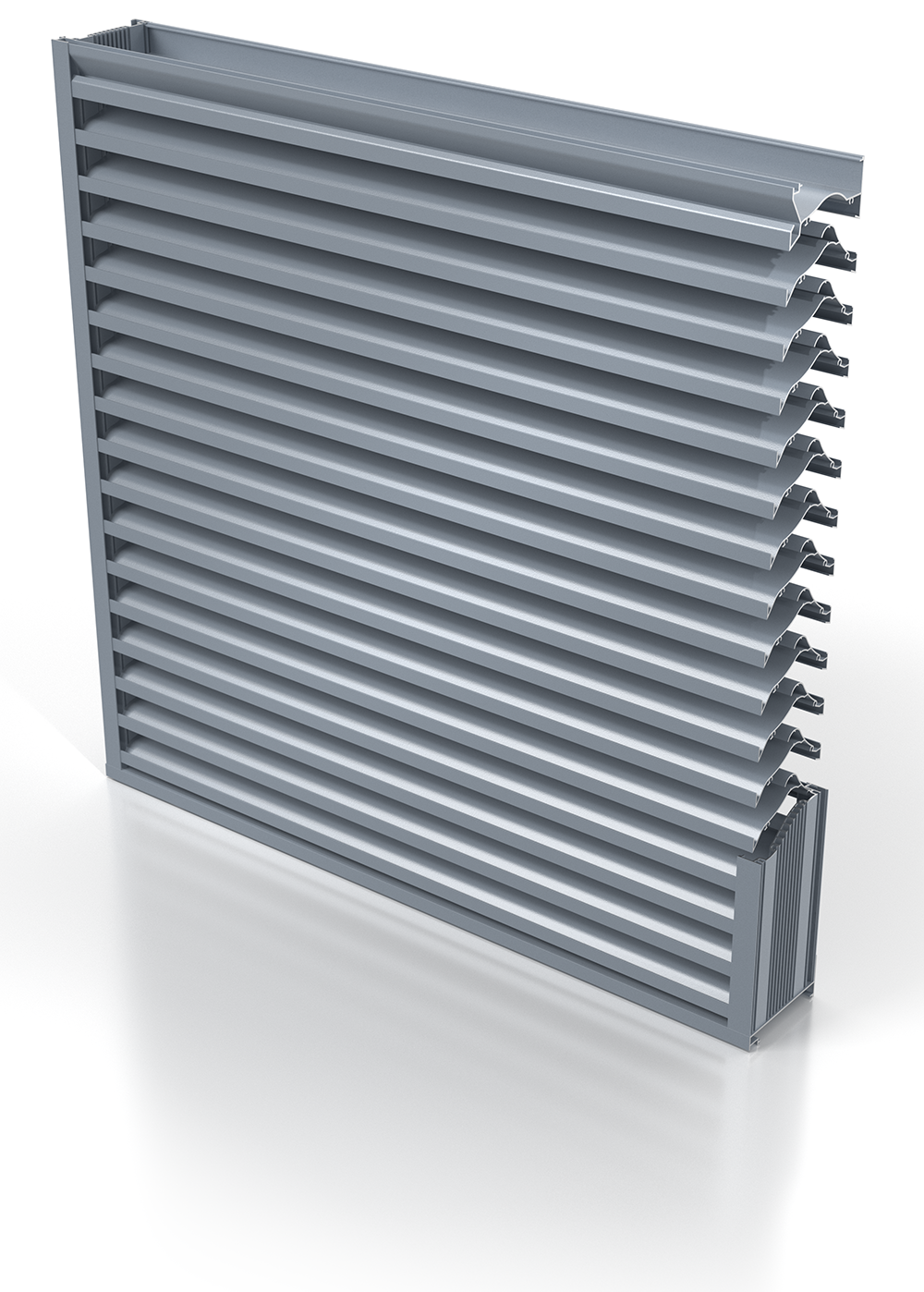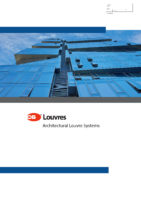Anaheim Regional Transportation Intermodal Center
Each day, thousands of visitors pass through the Anaheim Regional Transportation Intermodal Center (ARTIC) to use rail, bus and taxi services on their way to work, school or leisure activities within the city. ARTIC’s location along the Santa Ana River Trail makes it particularly inviting to biking enthusiasts, who frequently stop in to enjoy a meal at one of the Center’s grab-and-go markets or its Oyster Bar, before finishing their ride or jumping on one of the city’s bike-friendly trains or buses. ARTIC’s iconic curved-shell design and mutli-coloured, energy-efficient interior lighting provide the backdrop for many professional photographs, television shows, commercials and selfies.
Design Goals

HOK led the design of the new transportation hub, showcasing the facility’s exterior with a 120-foot-tall glass wall at its entrance. The Center’s arched roof was covered with air-filled plastic pillows to allow sunlight to illuminate the interior, and included 1,354 coloured lights, which are visible at night. Its unique shell design called for a ventilation system that complemented the modern structure while exceeding energy efficiency requirements. The overall goal was to create a building that is a destination in itself while bringing joy and entertainment to travelers.
Results
To ensure that the modern hub’s ventilation system was high performance, energy efficient and attractive, HOK turned to Construction Specialites (CS). To maximise airflow within the sloped design, the CS team placed its Architectural Louvres on an incline, requiring additional onsite testing to ensure performance in wind and rain conditions.
Prior to installation, using the same slope parameters, the RSH-5700 Rain Defence Louvres met the test guidelines for a 29-mph wind speed and three inches of rainfall per hour. Testing the specially shaped Louvres to ensure proper function under real-world conditions assured designers and contractors that the product exceeded all performance and aesthetic requirements.
The LEED-certified building was honored in 2015 by the American Public Works Association as the Public Works Project of the Year.

